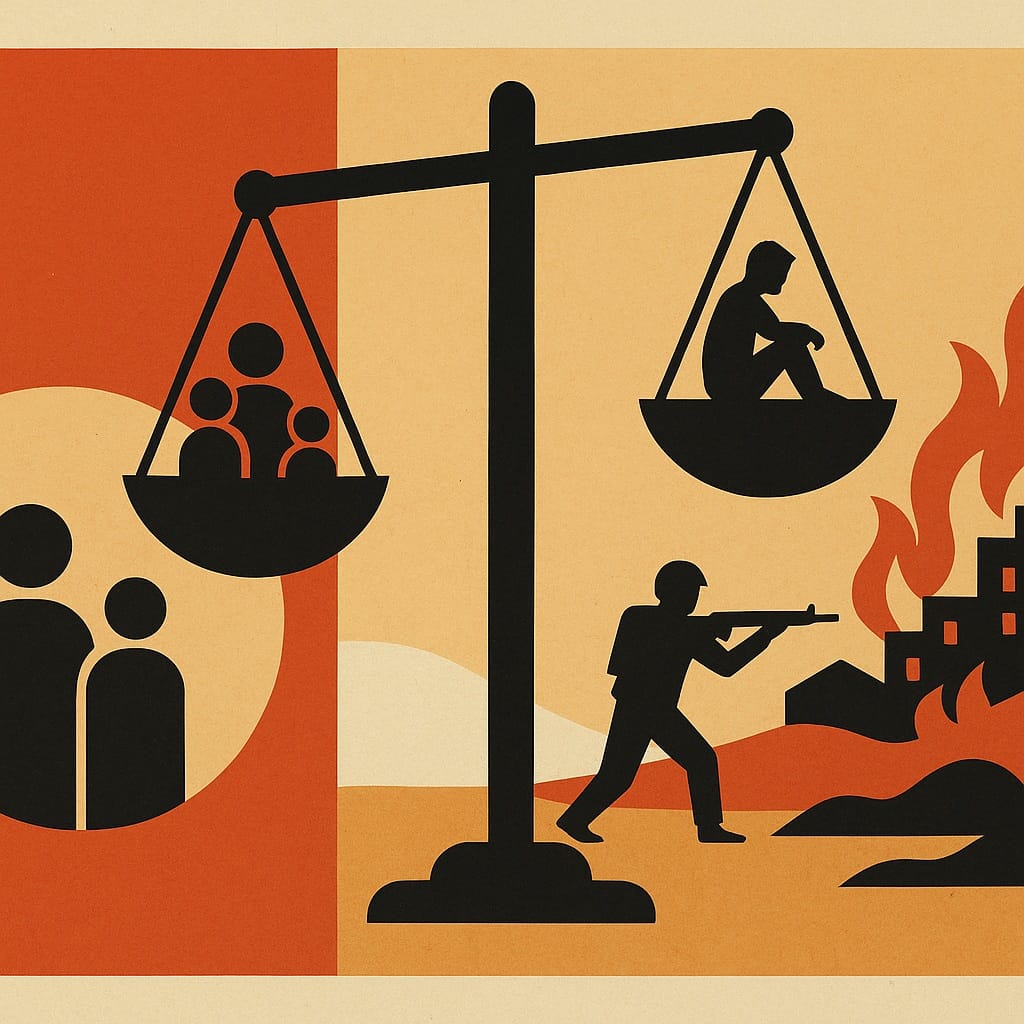
Human Development for the Few: The Hidden Driver of Global Conflict
Why Wars Persist in the Modern Age—and What Unequal Development Has to Do With It
Can the world ever know peace while millions remain locked out of progress?
This report, produced by analysts at the Dor Moria Center, explores a critical yet underappreciated force behind 21st-century instability: a development paradigm that benefits the few while marginalizing the many.
Drawing on data from the UN, World Bank, and regional case studies, the findings point to a troubling pattern:
- When economic growth is captured by elites
- When access to healthcare, education, and livelihoods is rationed by privilege
- Societies edge toward dysfunction, unrest, and eventual collapse
The report traces this dynamic across regions—from the disintegration of civic structures in Gaza and parts of sub-Saharan Africa, to the destabilizing effects of exclusion in parts of Latin America. In contrast, case studies from Rwanda, Malaysia, and Peru highlight how inclusive development can foster resilience and stability.
The conclusion is stark: systematic exclusion doesn’t just generate poverty—it breeds conflict. This isn’t just a moral failure. It’s a geopolitical liability in a hyperconnected world where localized injustice can spark transnational crises.
Key Insight: Development inequality is not merely unjust—it is combustible. Until global policymakers address this structural imbalance, peacebuilding efforts will remain cosmetic, addressing symptoms while ignoring the source.
Read the full report to understand why inclusive development isn’t idealism—it’s strategy for survival in a volatile century.
 English
English
 Русский
Русский עברית
עברית
